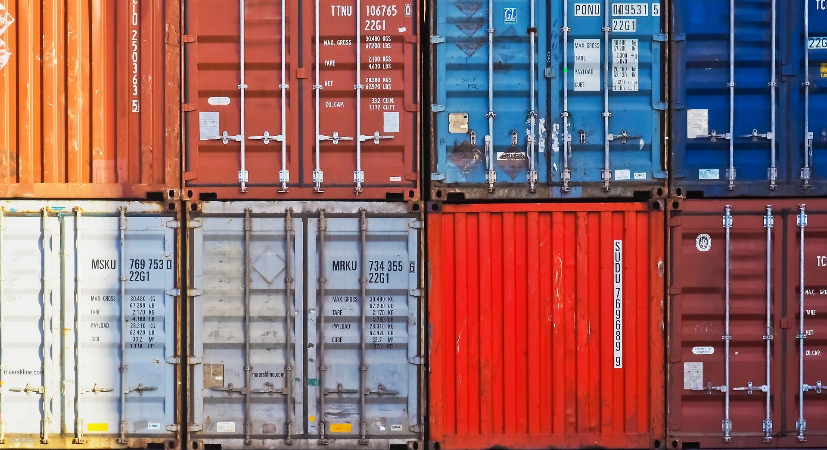
Senators Bill Cassidy, M.D. (R-LA) and Lindsey Graham (R-SC) have introduced the Foreign Pollution Fee Act of 2023. The bill would create a “National Laboratory Advisory Board on Global Pollution Challenges” and empower unelected bureaucrats to concoct and impose “fees” on imports based on their alleged pollution intensity. Here are three things to know about the legislation:
- The proposed fee on foreign polluters is actually a tax on Americans. If we have learned anything as the United States doubled tariffs in recent years, it is that tariffs are paid by Americans. As the U.S. International Trade Commission reported in its comprehensive study of tariffs imposed from 2018 to 2021: “U.S. importers bore nearly the full cost of these tariffs.”
- The protectionist basis for the bill is flawed. The first “Key Fact” provided in support of the bill states: “The U.S. has lost roughly 5 million jobs in the last 20 years and half of those losses are a result of the U.S. trade deficit with China.” Those figures are both wrong.
- The United States has added a million jobs a year since 2002.
- Trade deficits with China did not cause net job losses. In reality, from 2009 to 2010, the U.S.-China trade deficit fell by 19.7 percent and Americans lost 800,000 jobs. From 2009 to 2018, the U.S.-China trade deficit increased by 71.2 percent and the United States created nearly 16 million new jobs.
- The United States already imposes a 25 percent tariff on Chinese-made steel, a 10 percent tariff on Chinese-made aluminum, and a combination of quotas and tariffs on imported solar cells.
- The carbon-reduction basis for the bill is flawed. The pollution fee is designed to increase the price of goods including natural gas, oil, solar panels, wind turbines, aluminum, cement, steel, and petrochemicals. But it would be unlikely to make a significant dent in carbon dioxide emissions.
- The bill references Chinese cement production for its high carbon emissions. But U.S. imports of cement from China are nearly non-existent. Most cement used domestically is produced in the United States, and China accounts for 0.02 percent of imported cement.
- The bill targets Chinese-produced steel exports to the United States. But 86 percent of U.S. steel consumption is produced domestically, and China accounts for just 1.6 percent of U.S. steel imports.
- The bill targets natural gas imports. But nearly 100 percent of natural gas imports are provided by Canada. The United States is a net exporter of natural gas and the world’s largest exporter of liquefied natural gas (LNG).
- One area where the pollution fees could make a difference is to increase the cost of clean-energy projects. China is the world’s largest exporter of solar panels, and the United States is the world’s largest importer. China is also a leader in producing affordable wind turbines. It’s not clear how charging a polluter tax on goods needed to generate solar and wind energy would reduce pollution.
The energy taxes in the Foreign Pollution Fee Act would primarily encourage more calls for global carbon taxes and domestic taxes on emissions of greenhouse gases. After all, the United States generates three times more CO2 per capita than the world average, and 68 percent more per capita than China.
A more practical approach would be for the United States to lead the creation of an Environmental Goods Agreement designed to eliminate barriers to trade in goods like wind turbines. Congress should reject the Foreign Pollution Fee Act of 2023.

